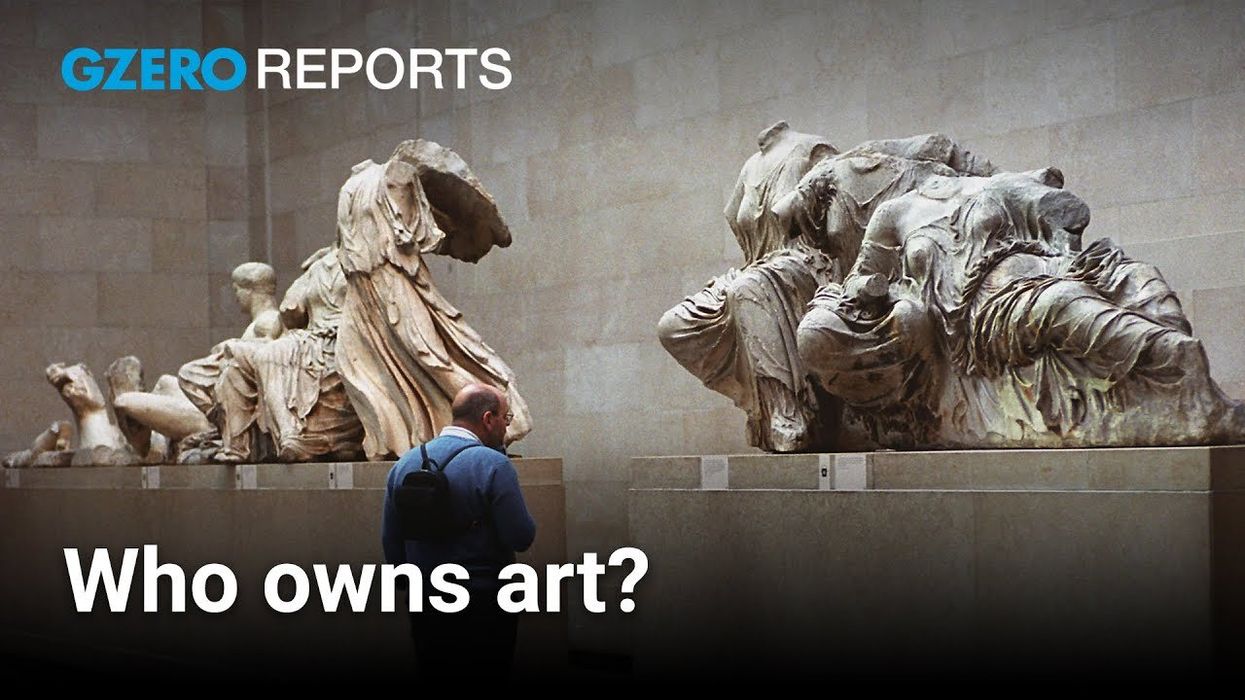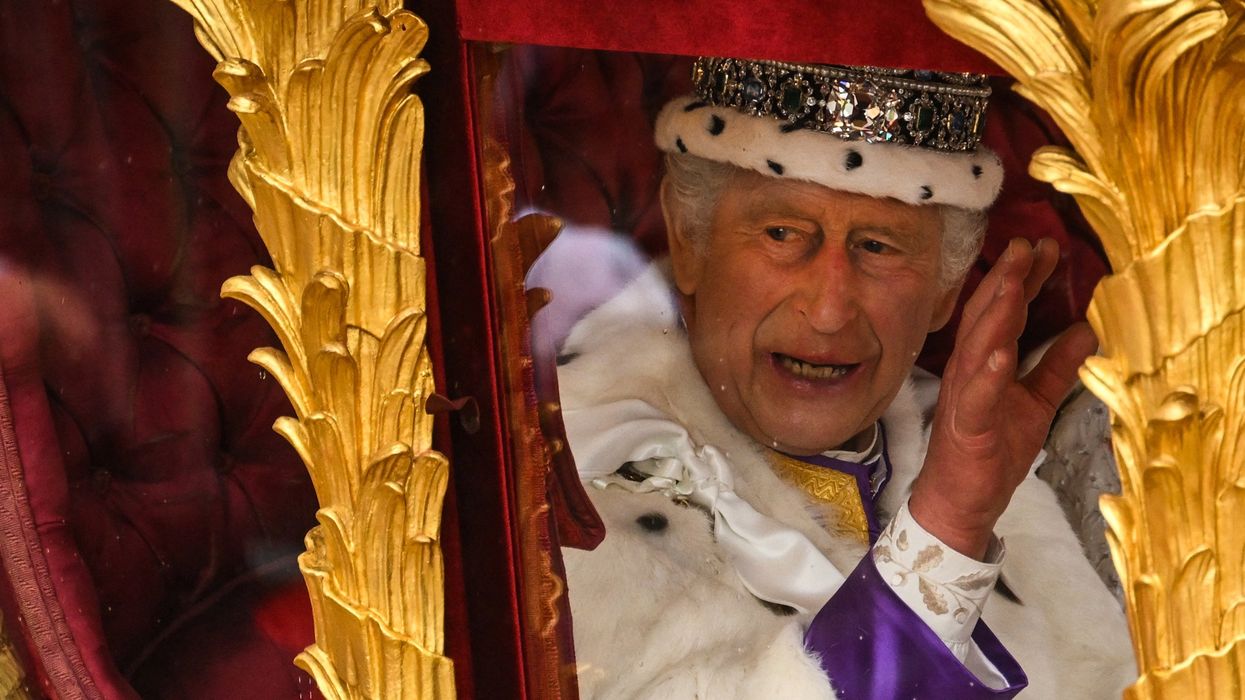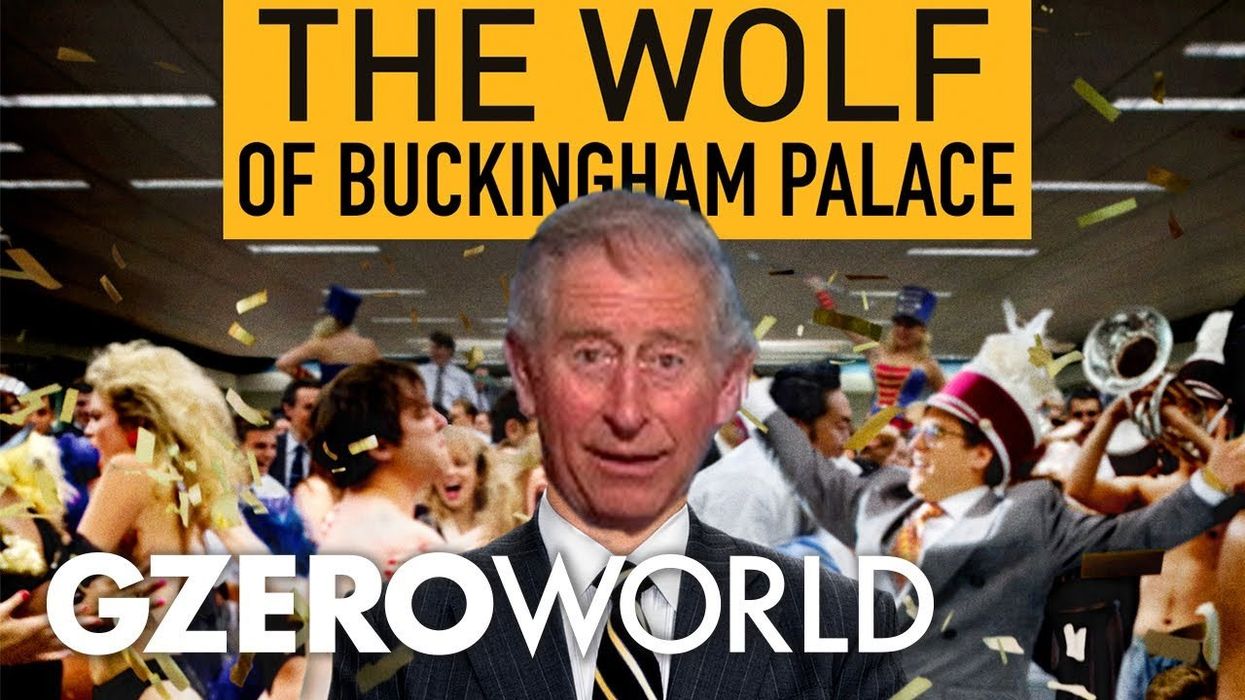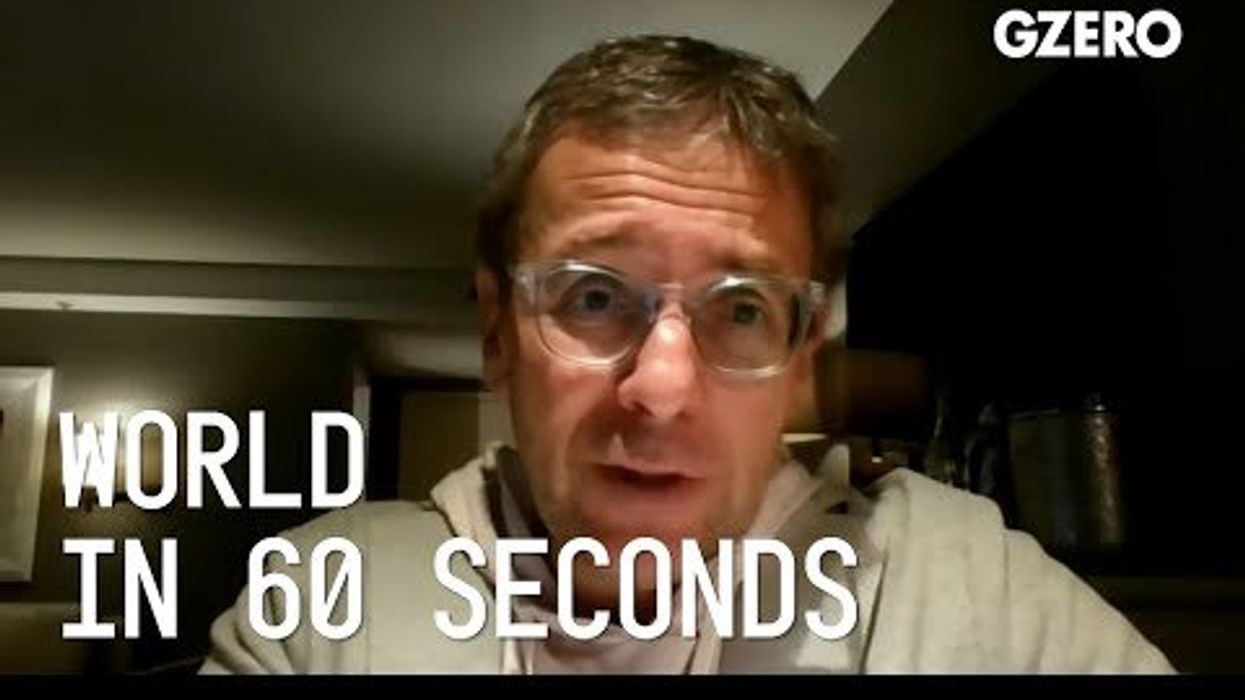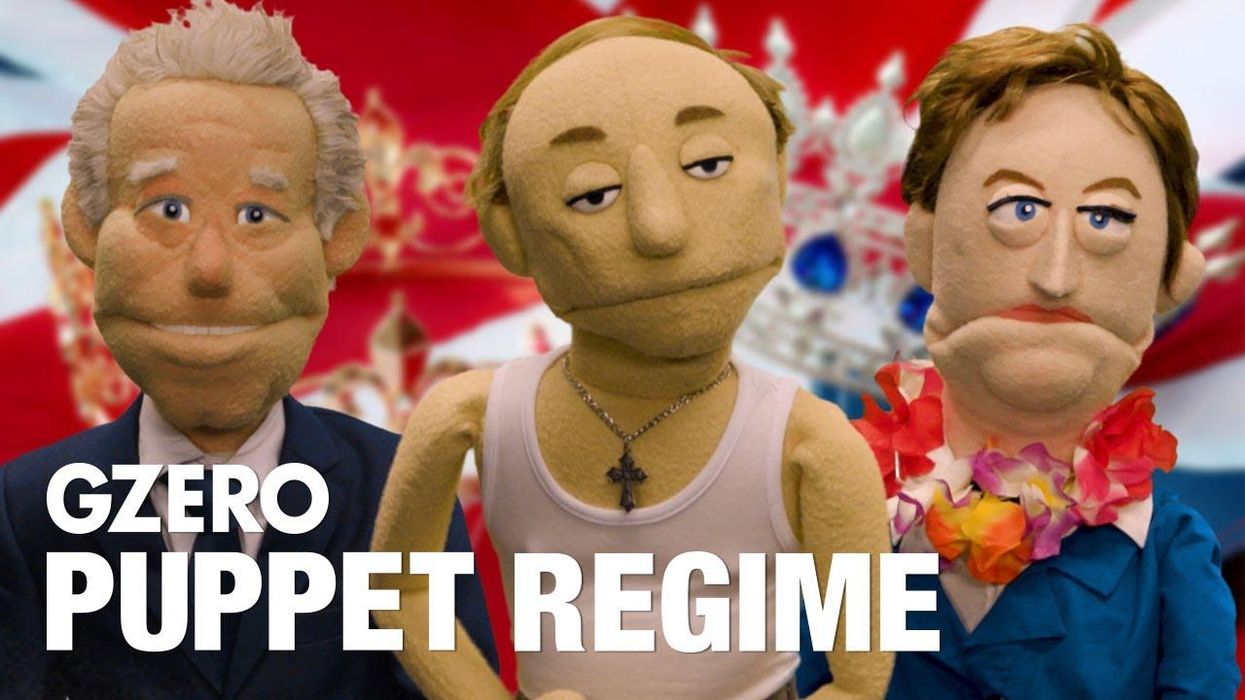GZERO Reports
The Parthenon Marbles dispute and the debate over cultural repatriation
The debate over art repatriation at Western art museums raises issues of ownership, appropriation, and the broader struggle over identity and cultural heritage.
Jan 23, 2024
